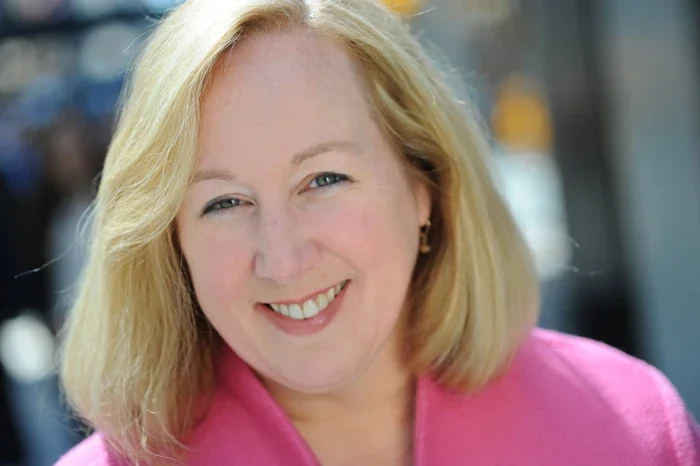Homeownership costs more than what you put down every month as mortgage payments. Sure, you want plenty of living space, maybe with up-to-date appliances and fixtures and a parking space or two, but can you afford it?

Many first-time homebuyers become "house poor," meaning the majority of their income goes to paying for their home expenses. They have little cash left for anything else. By calculating what hidden costs you should budget for and knowing what you can comfortably afford at the outset, you'll be well on your way to avoiding this situation.
Know your price range
Bill Banfield, Quicken Loans chief risk officer, says the first thing home buyers need to do is to establish a price range and stick to it. "Knowing how much home they can afford can aid the home buying process by allowing them to search within a given price range," he says. Banfield suggests that this not only narrows your options to a more manageable number, but it will also save you time, energy, and money.
Lenders use a series of criteria to determine how large a mortgage they would be willing to approve, such as credit score, home expenses, and income.
Most mortgage companies use a debt-to-income (DTI) ratio calculation as an important factor. "In most cases, a homebuyer will need a DTI of 50% or less," says Banfield. That means that less than half their monthly income can go to a mortgage. So if you earn $5,000 per month and your debts are $2,500, the most you might qualify to borrow would be $2,500/month, or in the neighborhood of $350,000.
How income is ultimately translated into an approved mortgage also depends on a variety of other factors, such as property taxes, insurance, and the loan interest rate.
Set your own budget
Real estate agent Mark Siwiec of Keller Williams in Rochester, NY, advises his clients not to spend as much as a bank approves you for. "You can do yourself financial harm that way," he says. So even if a lender will agree to lend you a huge amount, you may not want to borrow all that you're being offered.
Banfield says that "Buyers can feel confident that they won't be approved for more than they can afford. Although there is a wide range of what people feel comfortable paying for their mortgage, based on their specific lifestyle."
Think ahead
On the other hand, Siwiec points out, "You also don't want to buy too small a home" in an effort to pinch pennies. Because you then may have to sell it, move, and buy a larger home just a few years later because you have a growing family or your living space needs change. That's expensive, too. He suggests thinking ahead three to six years, to be sure the home you're currently buying will still meet your needs down the line.
Interestingly, many buyers don't look at a stated home's price tag as much as they compare the monthly expense to what they're currently paying, Siwiec says. So instead of looking at homes, say, in the $300,000 to $350,000 range, they would look at homes that cost around what they're currently paying for an apartment rental or existing mortgage, which might be around $1,400 to $1,500-per-month. "Most people look at their existing budget and stretch it a little," says Siwiec. So if a couple is currently paying $1,500 per month, they typically might look at homes that cost a little above that, such as $1,750 or $2,000 per month, he explains.
Look at the total cost
This, however, can be risky if the homebuyer hasn't factored in all of the costs of ownership, starting with what it costs to buy the property.
Banfield shares that fees associated with the purchase process, called closing costs, "usually range from two to 6% of the loan amount." Closing costs include taxes, title fees, recording fees, appraisal fees, credit report fees, attorney's fees, and survey fees, as well as origination fees and rate-lock fees, Banfield says. Using that math, on a $300,000 mortgage, closing fees alone would range from $6,000-$18,000.
When looking at homes, many buyers consider only the mortgage, property insurance, and tax costs, without realizing there are several other expenses they should budget for too. Utilities, for one, can be a big expense. And if your landlord has been paying them, first-time homebuyers may not be aware that there is a separate bill for gas and electricity, not to mention water, cable, and internet.
"Buyers looking at condominiums may also pay association dues," points out Banfield, which are an added monthly fee for upkeep of the property's exterior and common areas.
Siwiec recommends also budgeting for landscaping and snow removal, depending on where you live, as well as a monthly reserve for routine home maintenance, repairs, and upgrades that will come up eventually. You can't plan for when your roof will leak or furnace will go bad, he explains, but if you've been setting money aside each month, your finances won't take a major hit when you go to pay for the repairs.
Owning a home can be satisfying and a smart investment, but be sure to budget for all your potential costs before determining what you're comfortable paying each month.

